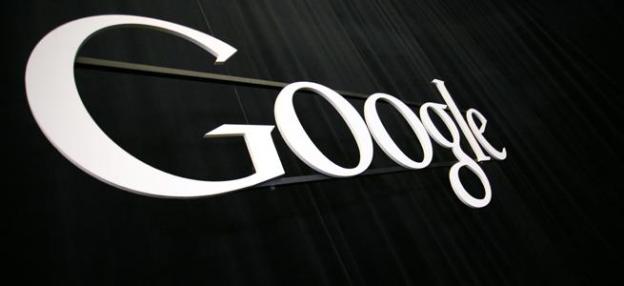 When the Internet Corporation for Assigned Names and Numbers, or ICANN, publishes a list of companies who’ve applied to acquire a series of new generic top-level domains — that’s the bit that comes after the second “dot” in a web address — it’s expected that Google will feature heavily.
When the Internet Corporation for Assigned Names and Numbers, or ICANN, publishes a list of companies who’ve applied to acquire a series of new generic top-level domains — that’s the bit that comes after the second “dot” in a web address — it’s expected that Google will feature heavily.
An article published at adage.com quotes a Google marketing spokesperson, who told the site “we plan to apply for Google’s trademarked top-level domains, as well as a handful of new ones.”
Although the company didn’t elaborate on which domains these would be, it’s logical to expect the major Google brands to feature, such as .Google and .YouTube.
This would see an influx of more creative — and more importantly, fully branded — domain names to be introduced, for example search.google or a watch.youtube.
The introduction of a .gplus or .g+ domain could also see personalized Google+ accounts introduced, a system which would work equally as well for myname.gplus as it would for brandname.youtube.
Another possibility is a .android domain. There has been talk of Google re-introducing an online store, through which it would sell the as-yet unannounced Nexus tablet, and a buy.android or experience.android domain would suit such a site perfectly.
Google won’t be the only one taking this approach either, as many big brand names will be jumping at the chance to incorporate their brand ethos into a simple, memorable web address. Pepsi mentioned the possibility of a drink.pepsi domain, plus the same scheme would enable geographical addresses like .london or .nyc.
There are currently just 22 registered top-level domains, but this new scheme could see that number increase by thousands. Back in March, ICANN revealed it had approved 290 registrants, and each can apply for up to 50 new domains.
It’s not a simple process though, as each applicant has to give a $5000 deposit and pass a legal review, then stump up a $185,000 registration fee.
The application window closes on 12 April, and ICANN will reveal who has applied for what on 30 April or 1 May. The new domains will then go live in January 2013.



